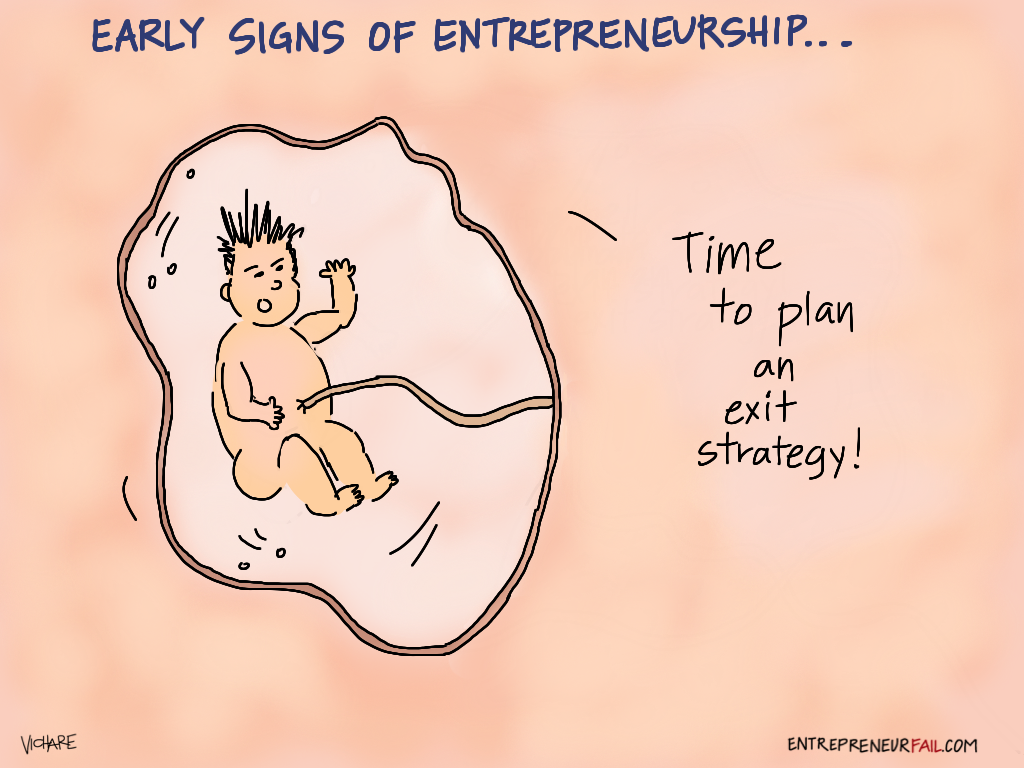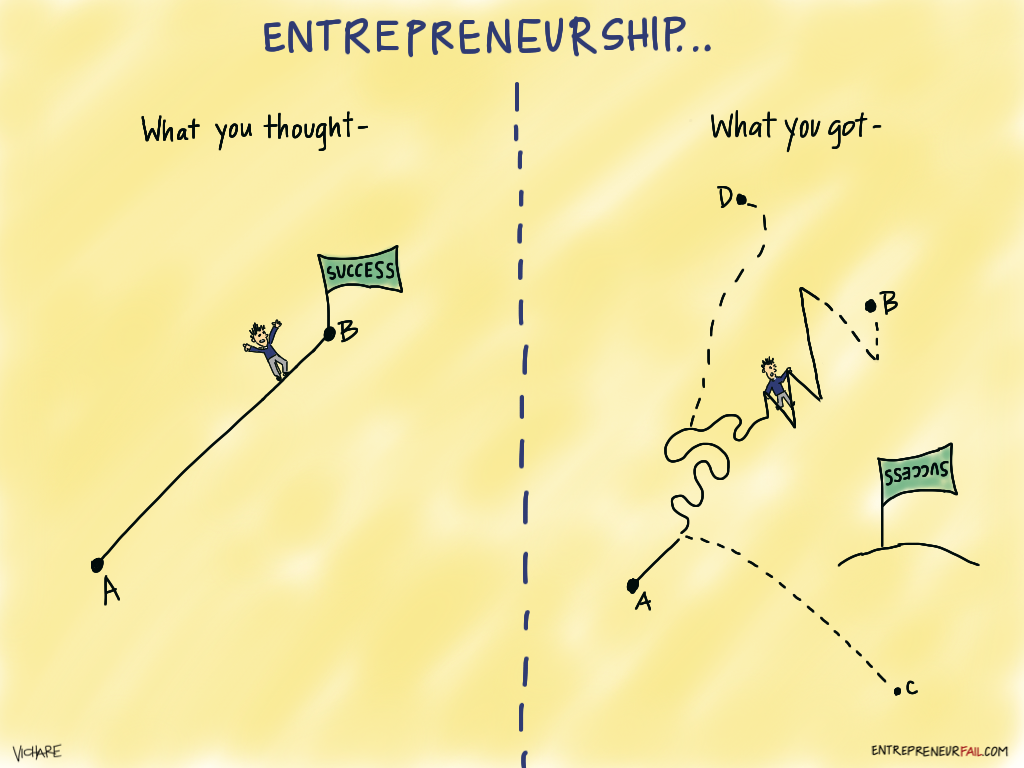This may be the only zoo most familiar to those in the startup world - let's call it the Entrepreneurs Zoo! Just coincidentally, many of the vendors, services and products, we (and other entrepreneurs) use in starting a business have "animal" names. We've used many of them, and here is a line up and maybe one of them can help you.
Web Development and Technology
- HostGator - affordable web hosting solution
- Safari - easy-to-use browser iDevices OS X Mountain Lion - Comes standard on all Macs
- Grasshopper - affordable cloud-based phone and IVR solution
- MailChimp - simple interface to send out your email campaigns and build a list.
- MOO - on-demand business cards, stickers, and stationary to promote your business
- SurveyMonkey - customizable forms to poll customers and analyze that data
- Shark Tank - TV show with ventures vying for funding
- Task Rabbit - reliable outsourcing of some of your daily tasks
- Red Bull - instant energy to keep you up in those long nights
Did we miss any "animalistic" resources and tools for entrepreneurs in this animal kingdom? Let us know in the comments below.
Enjoyed this comic? Sign up on www.entrepreneurfail.com for exclusive, never-published comics.





















